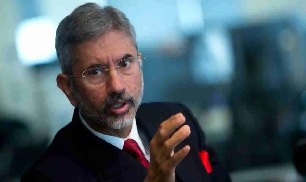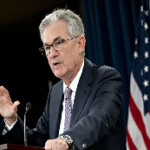Hours after India’s External Affairs Minister S. Jaishankar addressed the ongoing India-Canada diplomatic dispute during a press conference in Australia, Canadian authorities reportedly blocked the social media accounts of Australia Today, an influential media outlet for the Indian diaspora. The move has sparked backlash from India, which has called Canada’s action “hypocritical” and an attack on freedom of speech.
India’s Ministry of External Affairs Reacts
At a weekly briefing in New Delhi, Ministry spokesperson Randhir Jaiswal expressed surprise and disappointment, noting that Australia Today’s accounts were blocked shortly after airing Jaishankar’s press conference with Australian Foreign Minister Penny Wong in Canberra. Jaiswal commented, “It looks strange to us…yet again highlight[ing] the hypocrisy of Canada towards freedom of speech.”
Jaishankar’s Key Points: Evidence, Surveillance, and Anti-India Space
During his media interaction, Jaishankar raised three main concerns:
- Canada’s Allegations Without Evidence: Jaishankar criticized Canada for making unsubstantiated claims against India.
- Surveillance of Indian Diplomats: He condemned alleged monitoring of Indian diplomats by Canadian authorities, calling it “unacceptable.”
- Tolerance for Anti-India Elements: Jaishankar highlighted Canada’s political leniency towards Khalistani separatists, suggesting it has worsened diplomatic relations.
Australia Today’s Role and the Broader India-Canada Tensions
Australia Today is widely followed by the Indian community in Australia, providing news and analysis related to Indians worldwide. Its sudden ban in Canada has raised concerns about media freedom in the country.
Attacks on Indian Temples and Diplomatic Fallout
The incident follows recent attacks on Hindu temples in Canada by Khalistani groups, which Jaishankar condemned as “deeply concerning.” Prime Minister Narendra Modi also denounced the incidents as attempts to “intimidate” Indian diplomats.
Escalating Diplomatic Row Since September
India-Canada relations have been tense since Canadian Prime Minister Justin Trudeau suggested that Indian government agents might have been involved in the killing of Khalistani extremist Hardeep Singh Nijjar, a claim India strongly denies. Relations deteriorated further last month when Canada labeled the Indian High Commissioner a “person of interest” in its probe into Nijjar’s death. In response, India dismissed the accusation, recalled its High Commissioner, and expelled six Canadian officials, including Canada’s acting High Commissioner.
This latest episode involving Australia Today adds another layer to the strained ties, with both countries continuing to assert their positions on national security, media freedom, and diplomatic boundaries.



